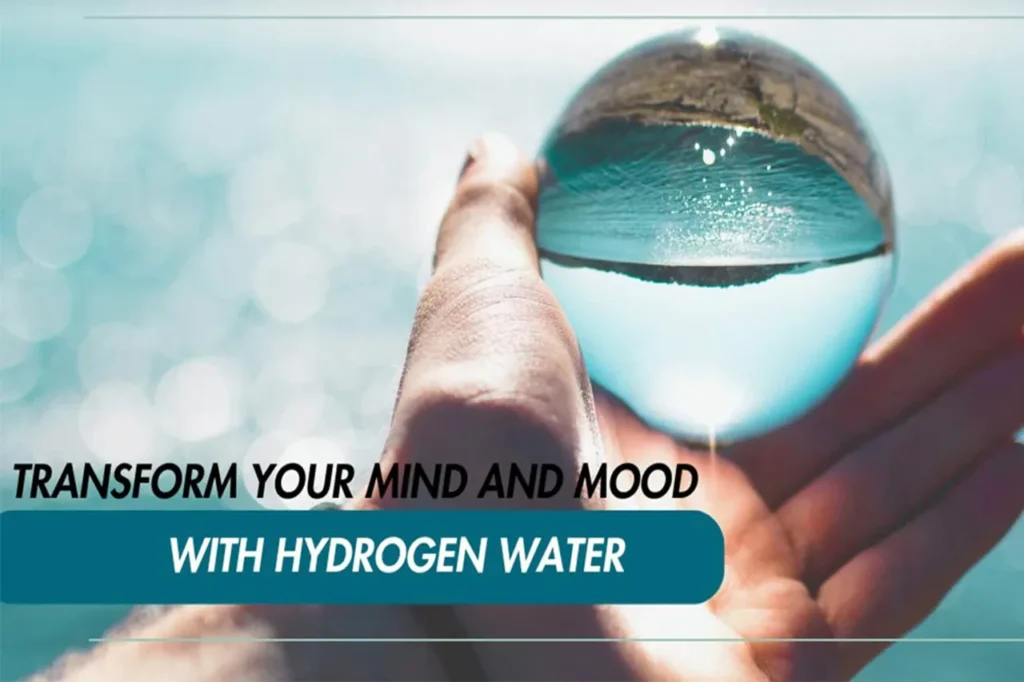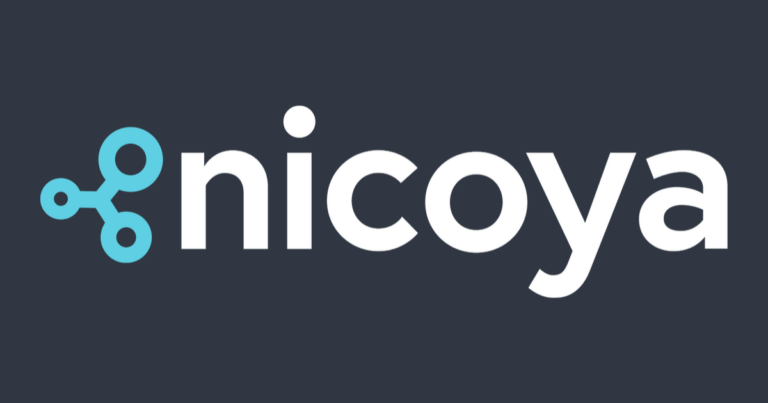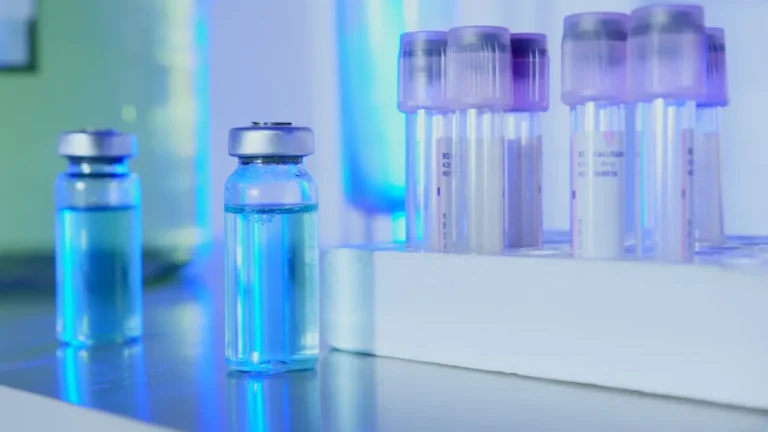Echo, a global leader in hydrogen wellness technology, has highlighted new research that strengthens the case for molecular hydrogen (H₂) as a powerful aid in lung recovery and inflammation reduction following high-intensity exercise. The study, recently published in the Journal of Thoracic Disease, provides compelling evidence that hydrogen-based therapies may enhance athletic recovery and long-term respiratory health—advancing Echo’s mission to improve performance, resilience, and recovery through science-driven hydrogen wellness solutions.
Hydrogen and Athletic Recovery: What the Research Found
The peer-reviewed study examined the effects of hydrogen inhalation therapy on athletes during a rigorous winter training regimen. Researchers found that inhaling molecular hydrogen helped to reduce oxidative stress, lower inflammatory markers, and stabilize oxygen transport in the body. These physiological improvements translated into better lung recovery and less exercise-induced inflammation—key factors in sustaining athletic performance and preventing overtraining-related injuries.
According to the findings, athletes who received hydrogen inhalation demonstrated:
- Enhanced antioxidant capacity, helping neutralize harmful free radicals.
- Reduced white blood cell counts, indicating lower systemic inflammation.
- Improved oxygen transport and respiratory stability during strenuous activity.
Remarkably, these benefits persisted even after the training period ended, suggesting that molecular hydrogen may offer lasting protective effects for lung tissue and overall metabolic balance.
From Research to Real-World Recovery
Echo has long been at the forefront of translating hydrogen science into practical wellness applications. The company’s Echo Refresh, a dedicated hydrogen inhalation machine, delivers molecular hydrogen directly to the body to promote faster recovery and cellular protection—mirroring the approach used in the new study.
While the research focused on inhalation therapy, Echo notes that the same biological mechanisms underpin the effects of high-concentration hydrogen water, such as that produced by the Echo Flask. Both forms of hydrogen delivery work by neutralizing reactive oxygen species (ROS)—unstable molecules that contribute to oxidative stress, tissue damage, and inflammation.
“This study reinforces what our customers have been feeling for years—that hydrogen water can help you bounce back faster and train harder,” said Josh Carr, CEO of Echo. “We’ve always believed recovery is where real growth happens, and this research gives us a scientific framework to explain hydrogen’s role in supporting that process.”
Why Lung Recovery Matters
During intense exercise, the lungs are under extreme physiological demand. Rapid oxygen turnover and elevated inflammatory responses can damage delicate pulmonary tissue over time, reducing endurance and slowing post-training recovery. This challenge is particularly pronounced among elite athletes, who regularly push their respiratory systems to the limit.
Sarah Taylor, Echo’s lead researcher, explained, “The lungs are especially vulnerable during high-intensity exercise due to rapid oxygen flux and oxidative stress. Molecular hydrogen helps the body adapt by upregulating anti-inflammatory and cytoprotective pathways. Whether you inhale it or drink it, the effect is real and measurable.”
By mitigating oxidative damage and supporting healthy inflammation regulation, hydrogen therapy may play a critical role in protecting lung function, improving recovery speed, and maintaining overall respiratory resilience.
Science Meets Wellness: Echo’s Product Line
Echo offers tailored hydrogen-based solutions for both professionals and consumers.
- For wellness clinics and spas, the Echo Refresh inhalation system provides a direct and controlled method for hydrogen delivery, ideal for clients seeking advanced recovery or respiratory support.
- For individual users, the Echo Flask offers portable hydrogen water generation (up to 8 ppm)—a convenient and science-backed hydration tool for athletes, fitness enthusiasts, and wellness seekers alike.
Both solutions align with Echo’s vision of making molecular hydrogen therapy accessible and effective across lifestyles, from elite sports recovery to everyday wellness.
A New Frontier in Performance and Recovery
As molecular hydrogen continues to gain recognition for its antioxidant and anti-inflammatory properties, studies like this one underscore its potential to revolutionize sports science and preventive health. Echo’s commitment to research-backed innovation positions it at the forefront of this emerging field, bridging the gap between scientific discovery and real-world application.
“This is just the beginning,” said Carr. “Hydrogen represents a new frontier in natural recovery science. We’re excited to continue driving research and technology that help people perform better, recover faster, and live healthier lives.”
With mounting evidence supporting its biological benefits, molecular hydrogen is poised to become a cornerstone of modern recovery and respiratory wellness—offering athletes and everyday users alike a clean, natural, and science-based path to better performance and lung health.



